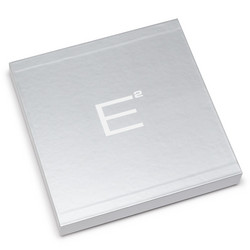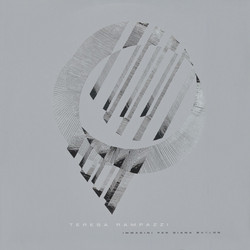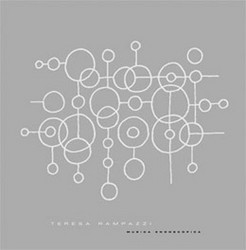Teresa Rampazzi
Teresa Rampazzi (1914-2001) studied at the Milan conservatory where she got to know Bruno Maderna and began to receive friends in her living room, people who would become important in the contemporary music scene. In 1952 and 1954, Teresa Rampazzi attended the Internationale Ferienkurse fur Neue Musik in Darmstadt and listened to electronic experiments made by Eimert. She had understood that that was the only way to completely reject tonal music. In 1956 Teresa began to play with the Bartok Trio, and decided to promote the Avant-Garde music by Anton Webern and Alban Berg. But her most noteworthy concert is the one set in 1959 with John Cage, H.K. Metzger and S. Bussotti. Combined with her fascination with electronic sounds, Cage\'s Informal music made Teresa see the possibility to leave behind tonal music and the traditional form \'start-development-end\'. She sold her piano in curious circumstances: in fact, she demolished it during a performance with John Cage.
Teresa Rampazzi (1914-2001) studied at the Milan conservatory where she got to know Bruno Maderna and began to receive friends in her living room, people who would become important in the contemporary music scene. In 1952 and 1954, Teresa Rampazzi attended the Internationale Ferienkurse fur Neue Musik in Darmstadt and listened to electronic experiments made by Eimert. She had understood that that was the only way to completely reject tonal music. In 1956 Teresa began to play with the Bartok Trio, and decided to promote the Avant-Garde music by Anton Webern and Alban Berg. But her most noteworthy concert is the one set in 1959 with John Cage, H.K. Metzger and S. Bussotti. Combined with her fascination with electronic sounds, Cage\'s Informal music made Teresa see the possibility to leave behind tonal music and the traditional form \'start-development-end\'. She sold her piano in curious circumstances: in fact, she demolished it during a performance with John Cage.


